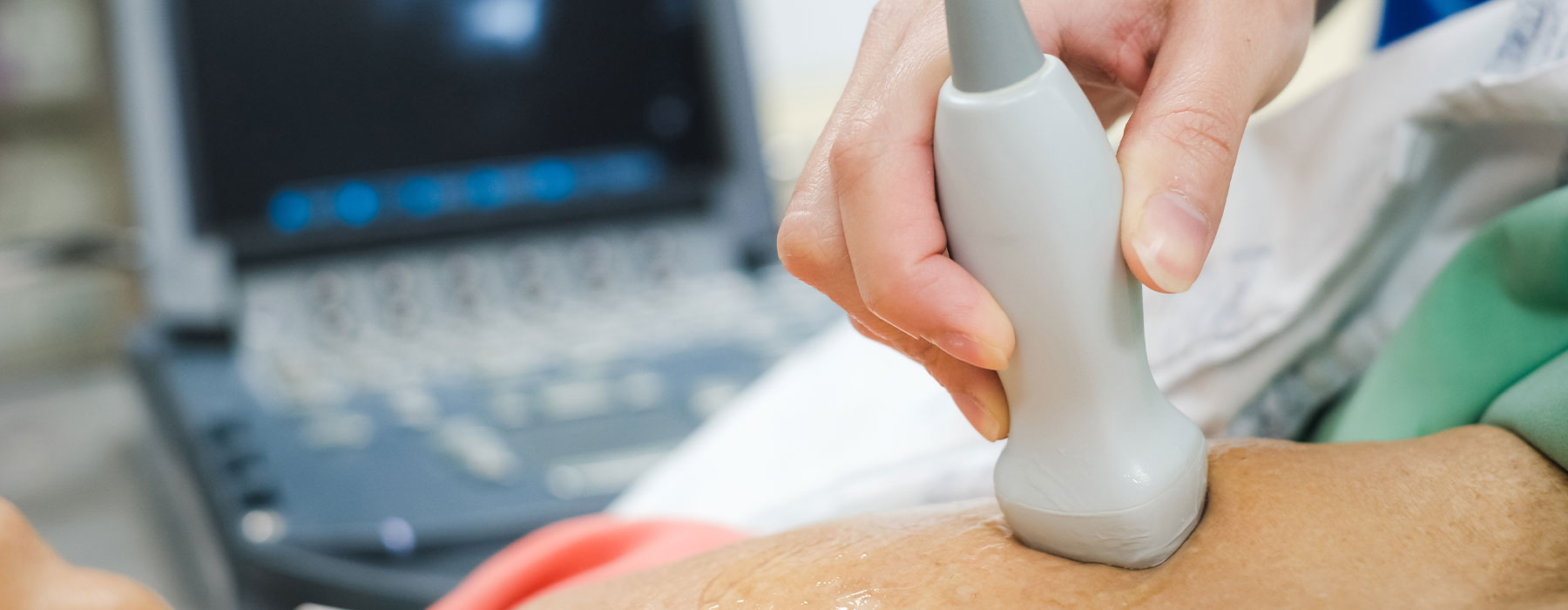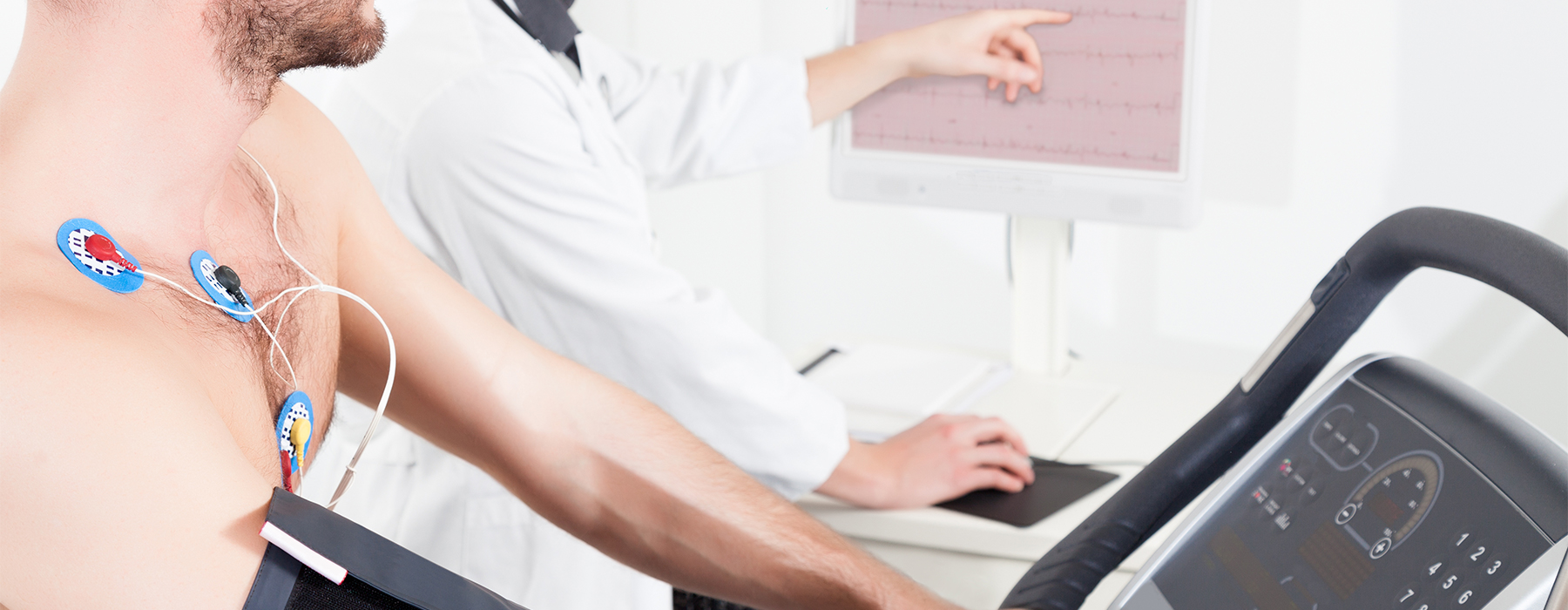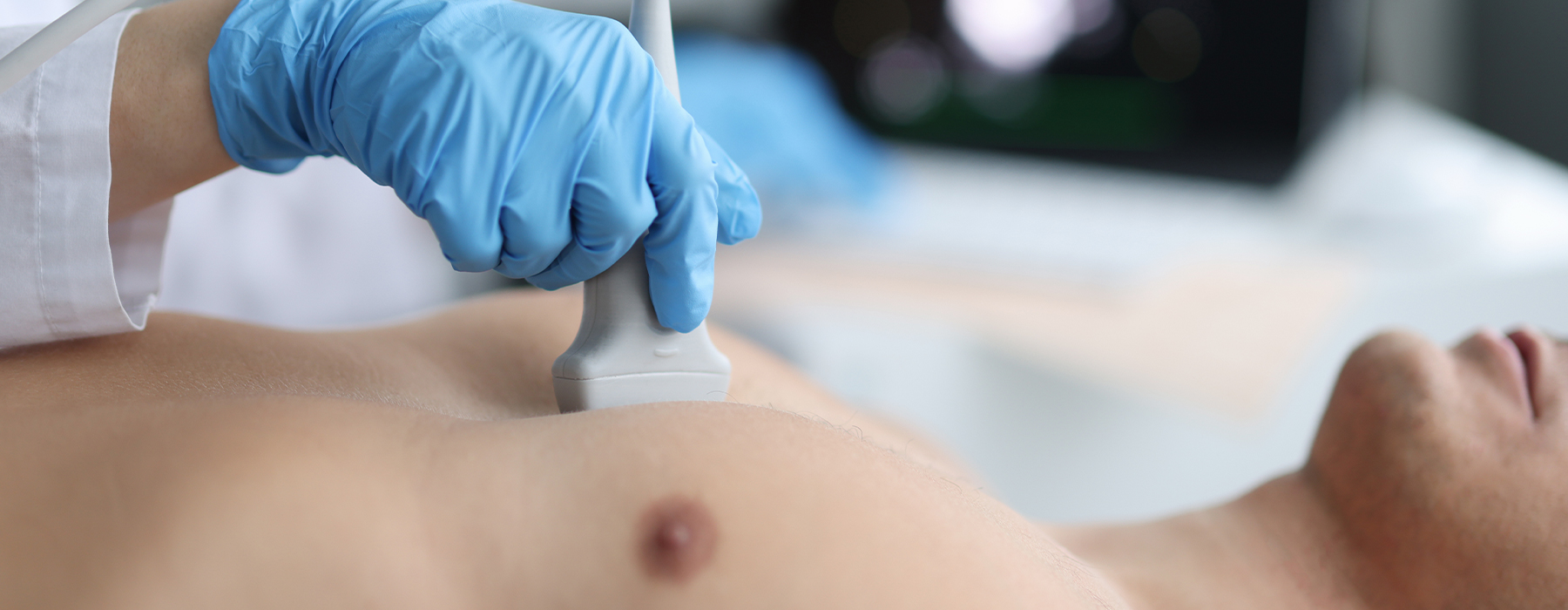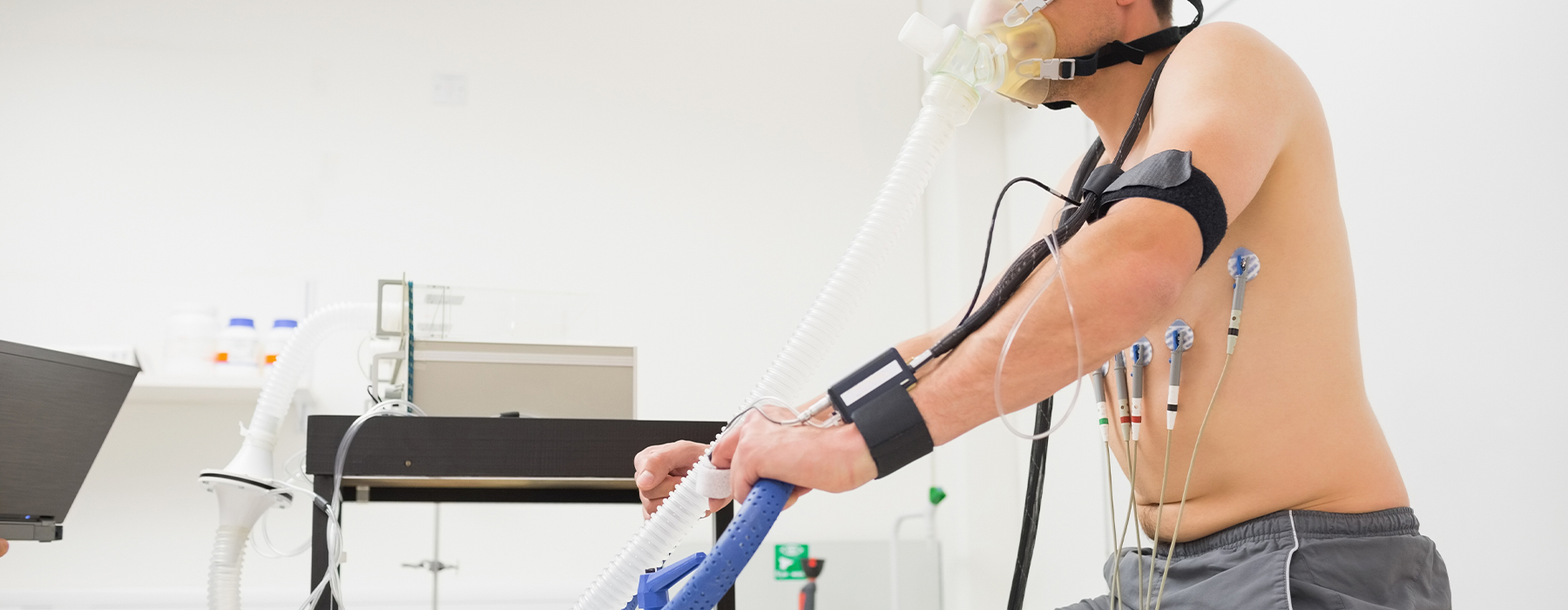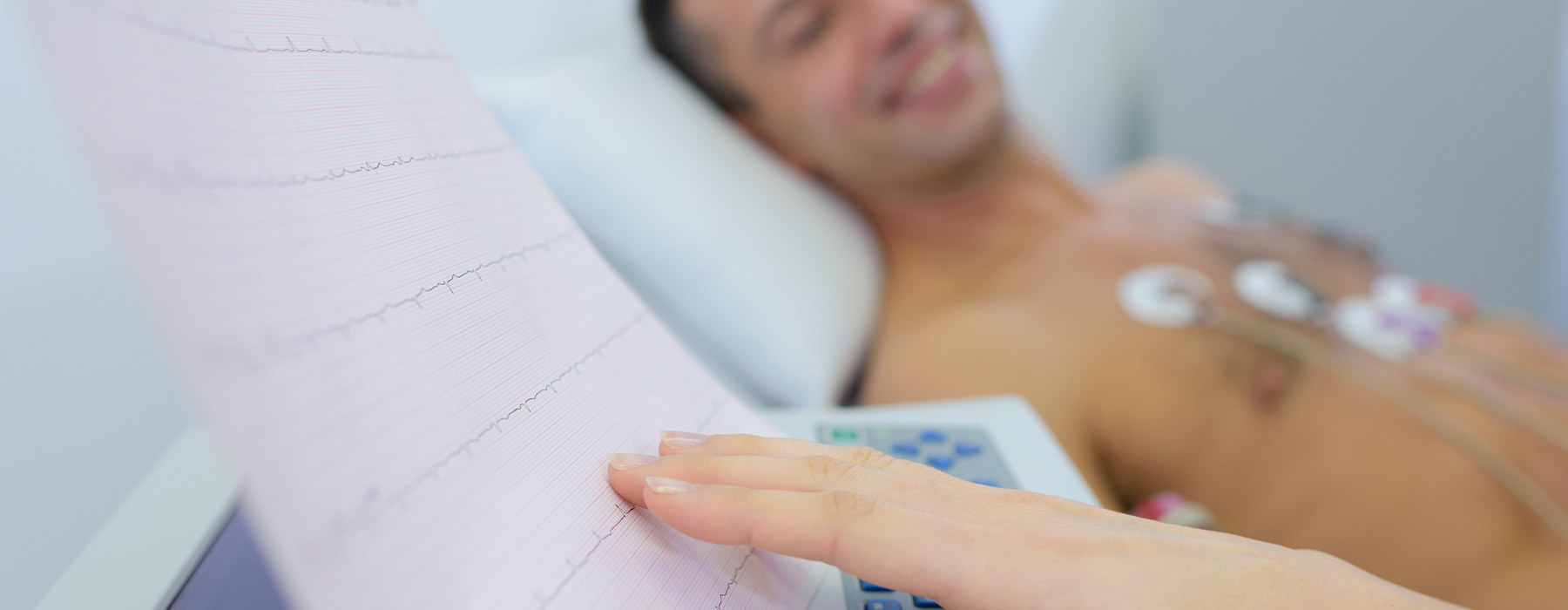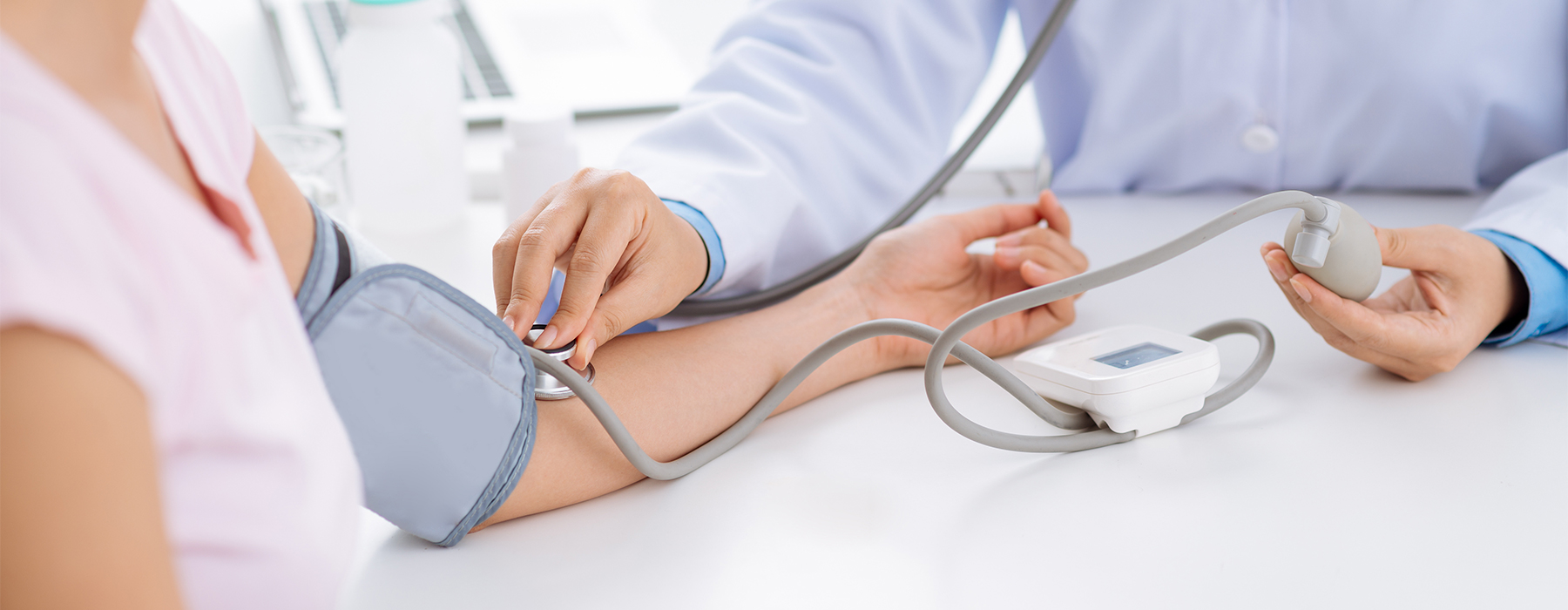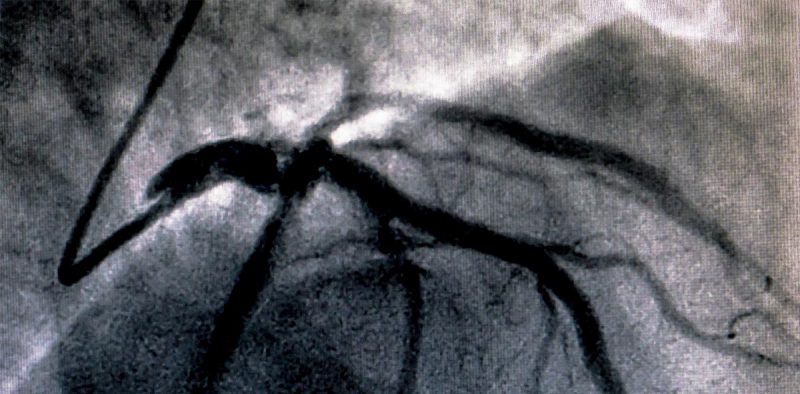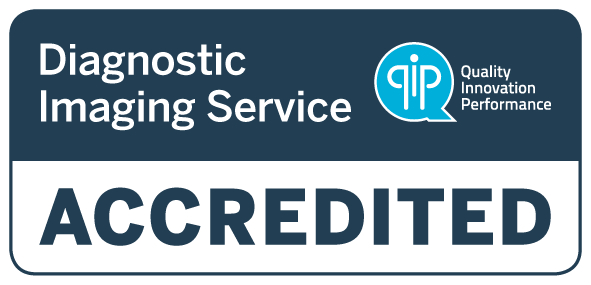What Is a Transoesophageal Echocardiogram (TOE)?
A Transoesophageal Echocardiogram (TOE) is a type of echocardiogram that is performed using an ultrasound probe inserted into the patient’s oesophagus, which lies behind the heart. This allows for a closer examination of the heart and provides clearer images of certain cardiac structures compared to a transthoracic echocardiogram (TTE), which is performed using a handheld probe on the outside of the chest.
The TOE procedure usually takes about 30 minutes to an hour and is performed in a hospital setting, usually as a day procedure. The patient is given a sedative to help them relax and reduce any discomfort during the test. A local anaesthetic may also be used to numb the throat and oesophagus to minimize any discomfort associated with the insertion of the probe.
Once the probe is in place, ultrasound waves are transmitted from the probe to the heart, which then reflect off the heart and produce echoes that are captured and used to produce images of the heart’s structures. The images can help doctors to evaluate a range of conditions, including heart valve problems, congenital heart defects, cardiac tumours, and blood clots in the heart. The images can also be used to monitor the effectiveness of treatments, such as surgery or medications.
TOE is a safe and effective diagnostic test, and most patients experience no serious side effects. However, as with any medical procedure, there are some risks involved, including the possibility of a reaction to the sedative, bleeding or infection at the insertion site, and injury to the oesophagus or other organs. Your doctor will discuss these risks and benefits with you before the test is performed.
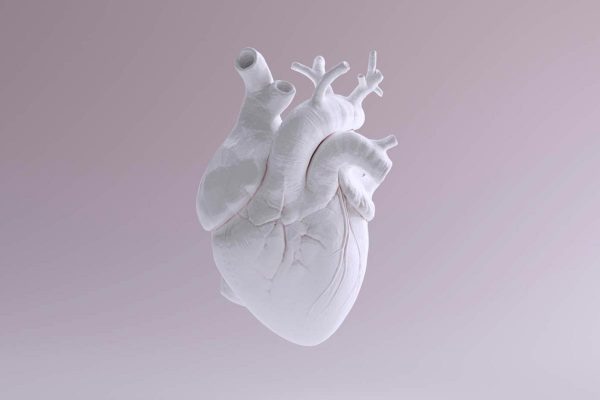
Appointments
- Please arrive 15mins prior to your appointment time. If you are going to be late, please phone us to let us know.
- Please bring your referral and Medicare card with you to your appointment.
- Please bring your private health insurance membership card with you.
Results
- Results will be sent to your referring doctor.
- If ordered by our cardiologists, they will discuss at your next appointment.

Informed consent
It is required by law to receive your consent to perform this test. It is important that you have read and understood this information. If you have any questions, please ask the technician prior to your test.
